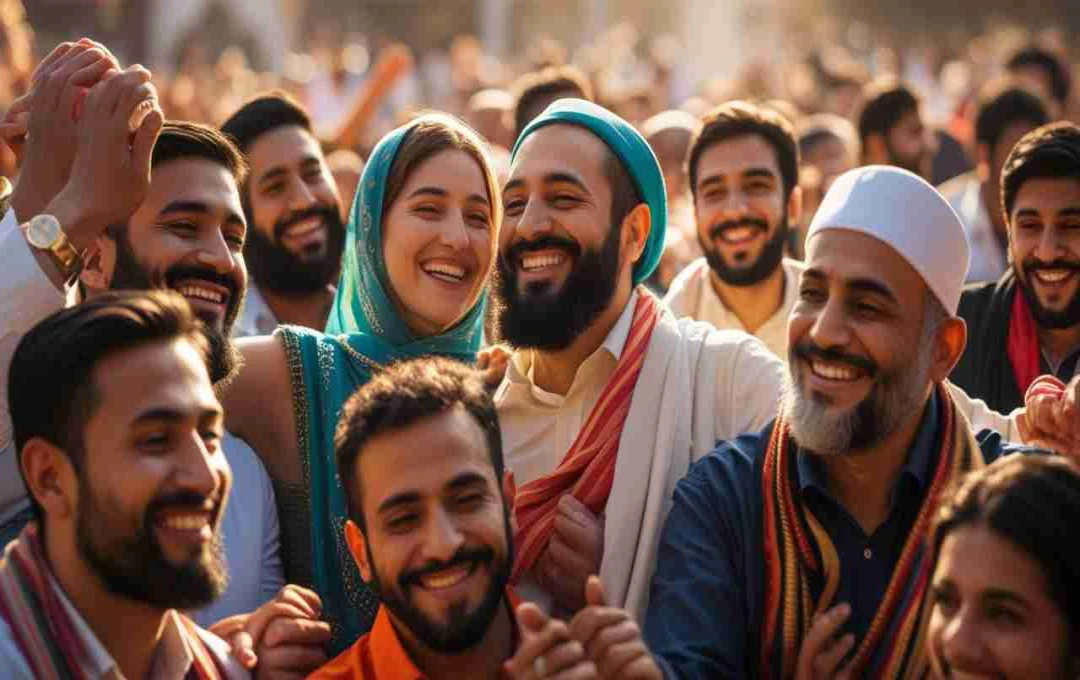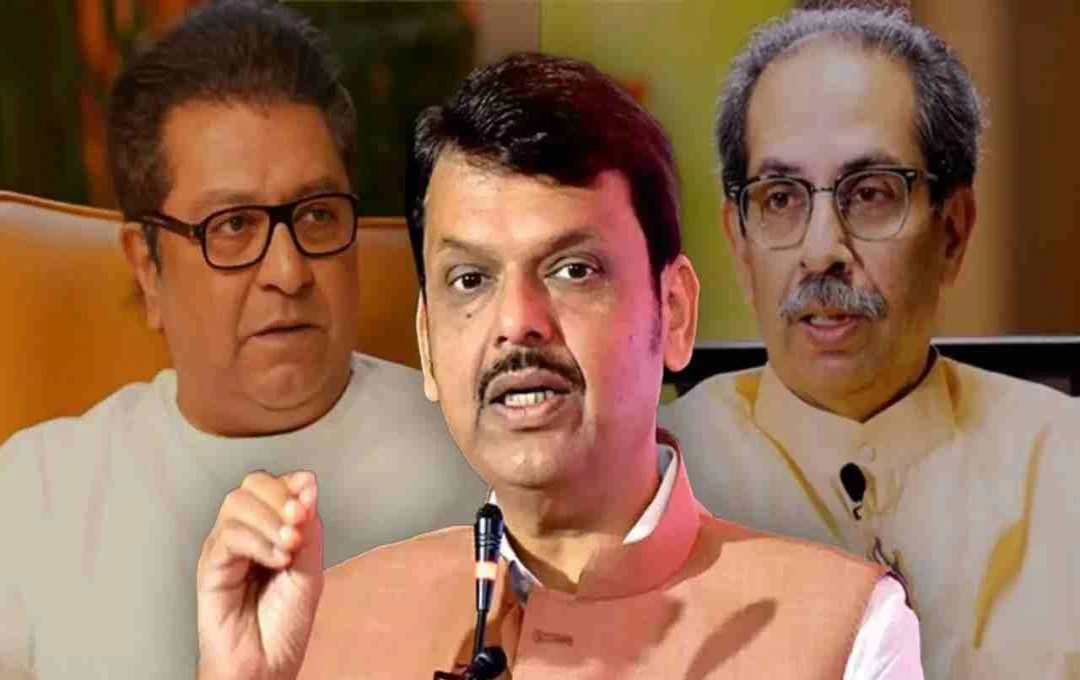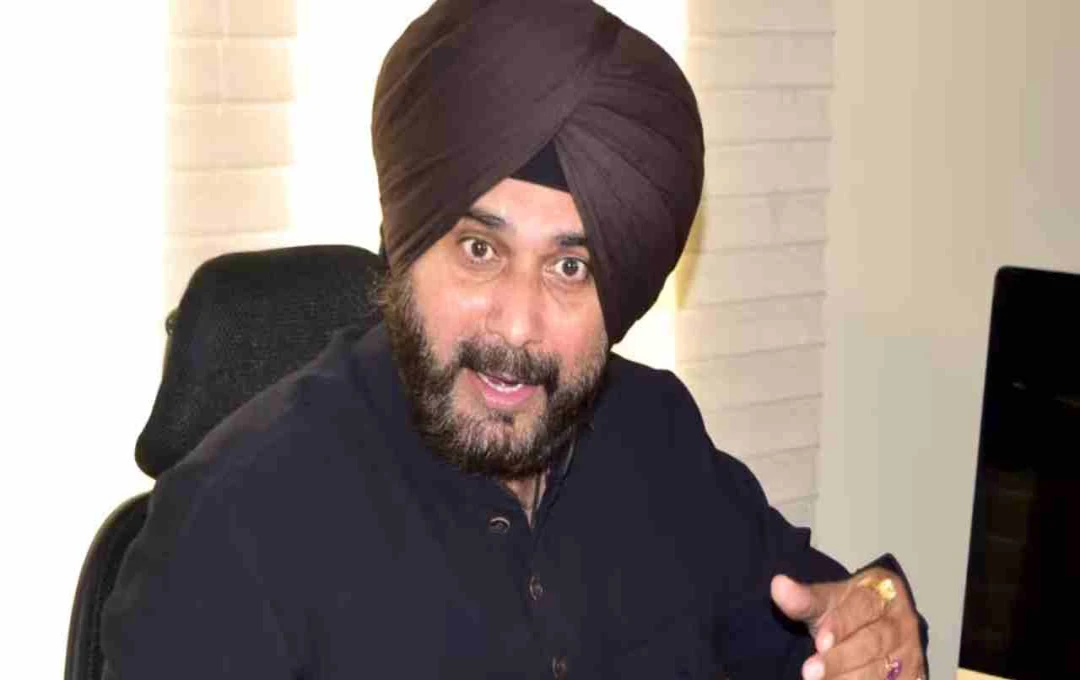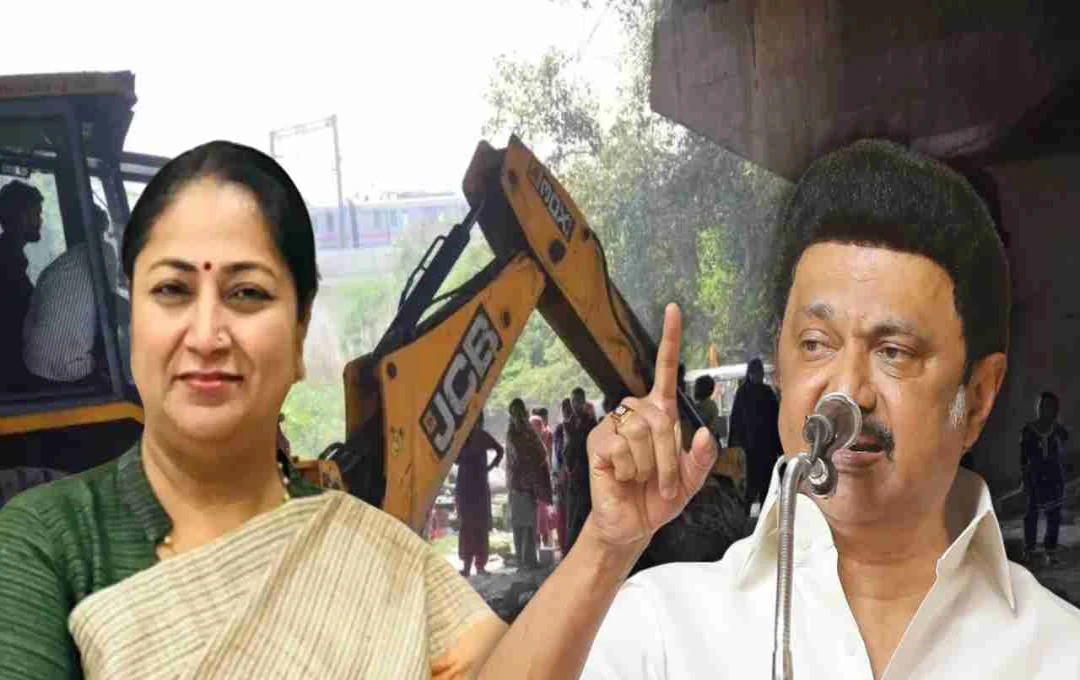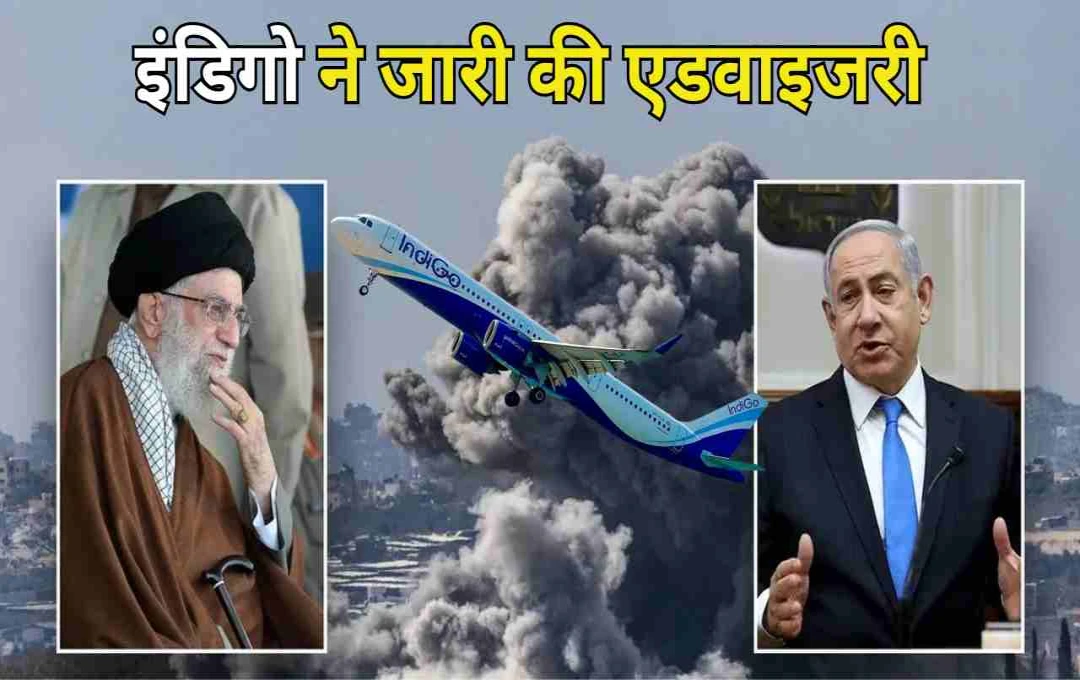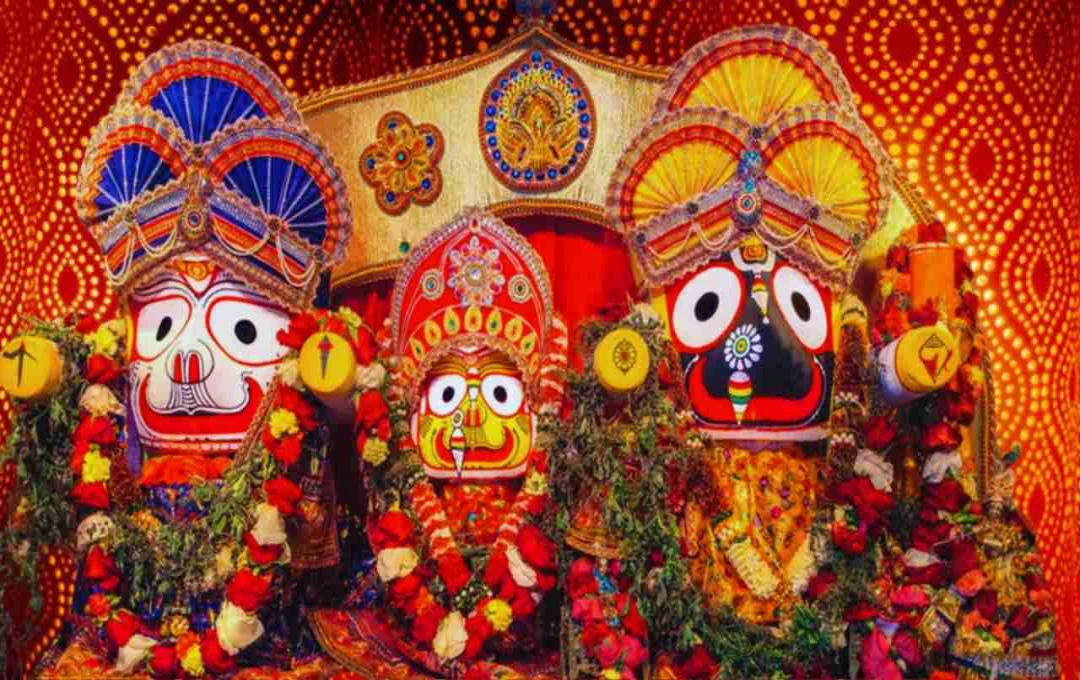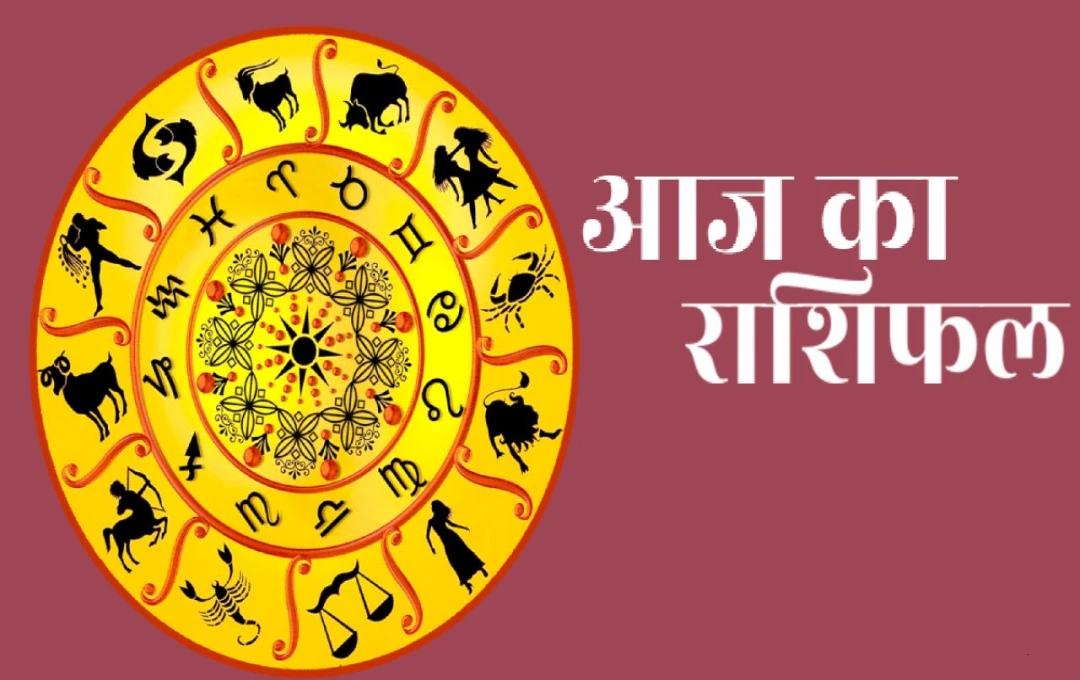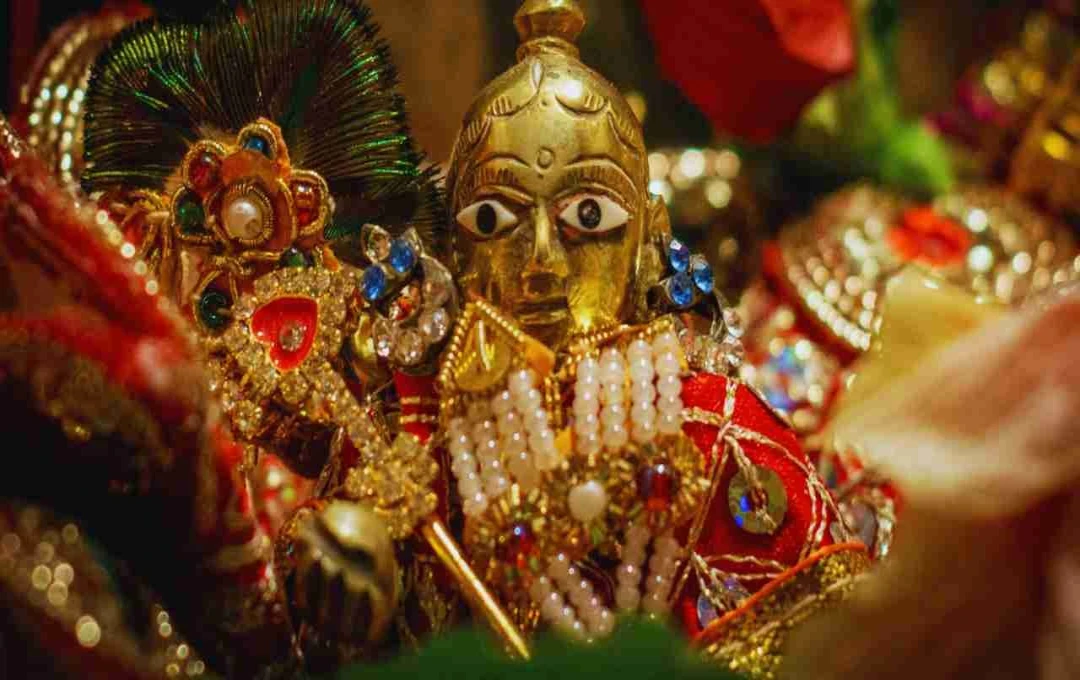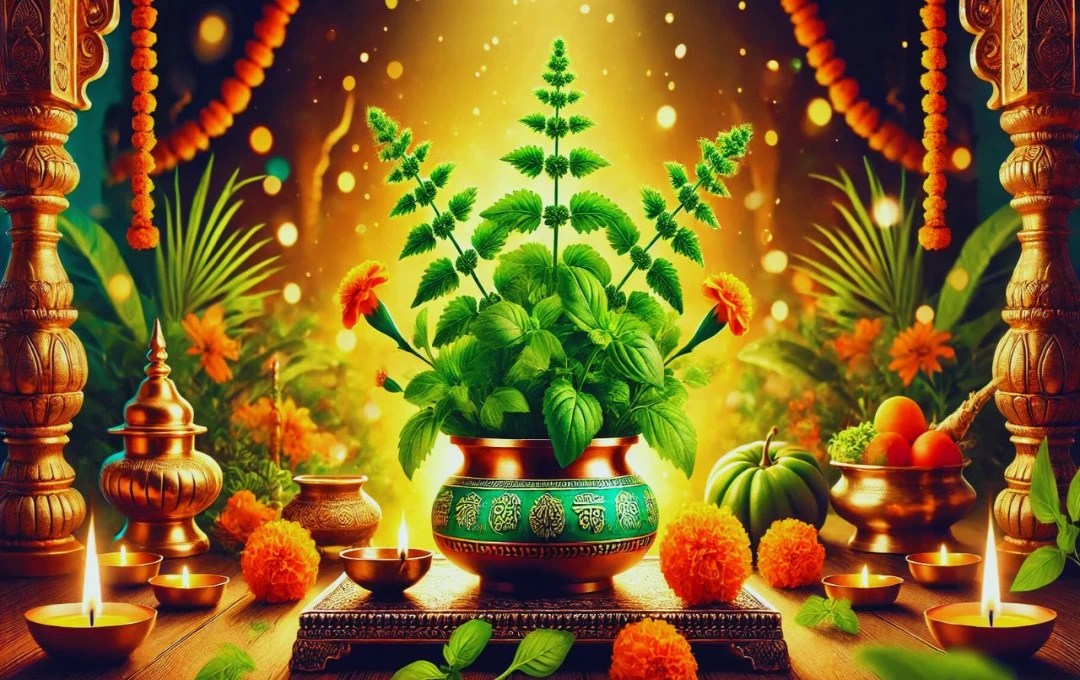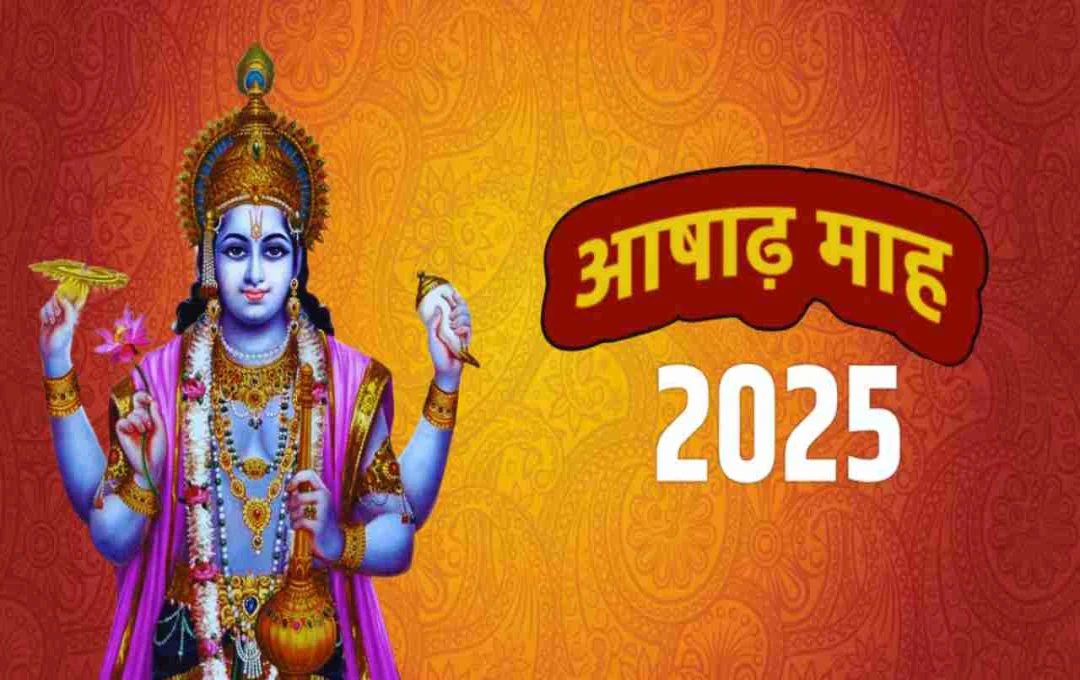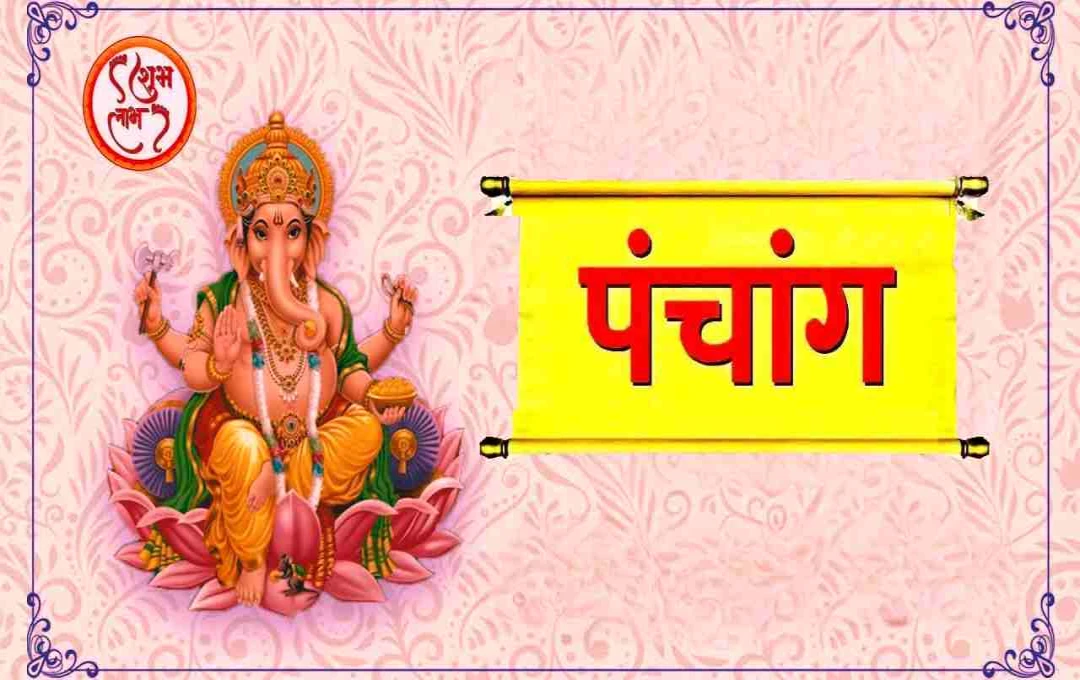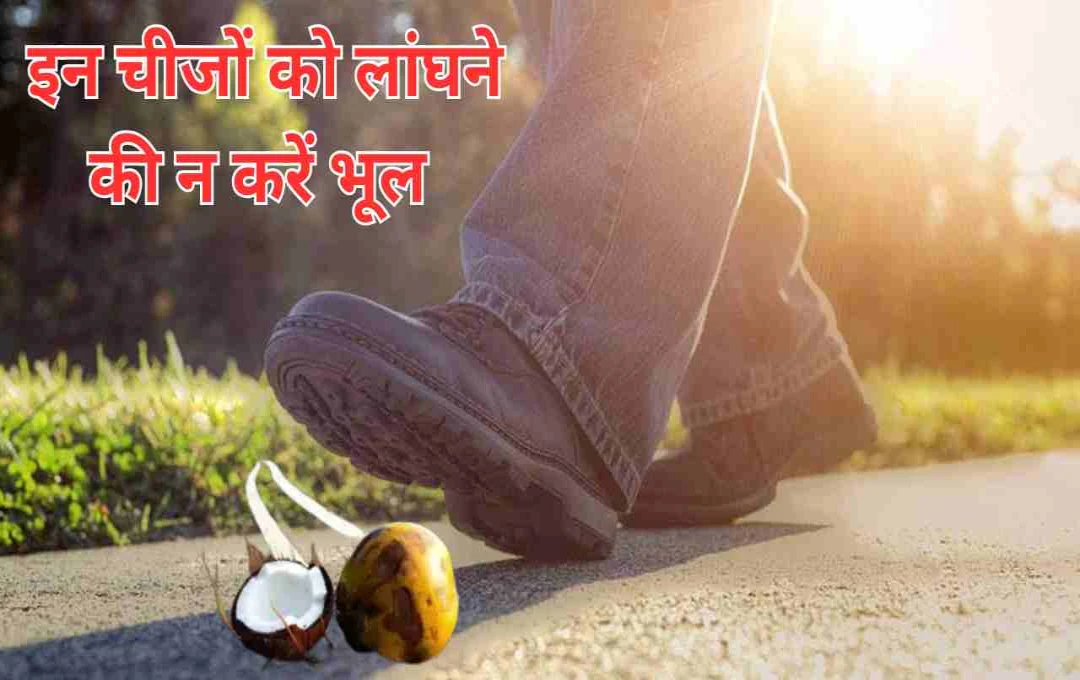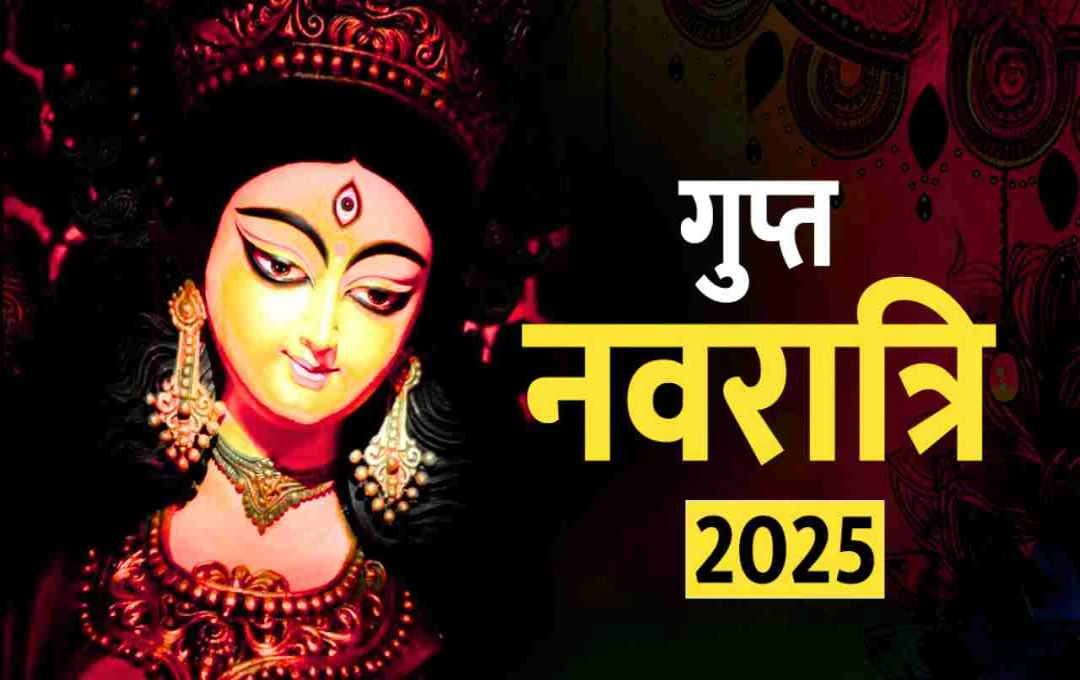Eid-e-Miladunnabi, also known as Maulid-un-Nabi or Barawafat, is a highly sacred and historical festival celebrated by the Muslim community in many parts of the world, including India. This festival commemorates the birth of the final prophet of Islam, Hazrat Muhammad Sallallahu Alaihi Wasallam. For Muslims, it is not merely a celebration but an occasion for spiritual inspiration, reaffirming faith, devotion, and life's ideals.
The Historical and Religious Significance of Eid-e-Miladunnabi
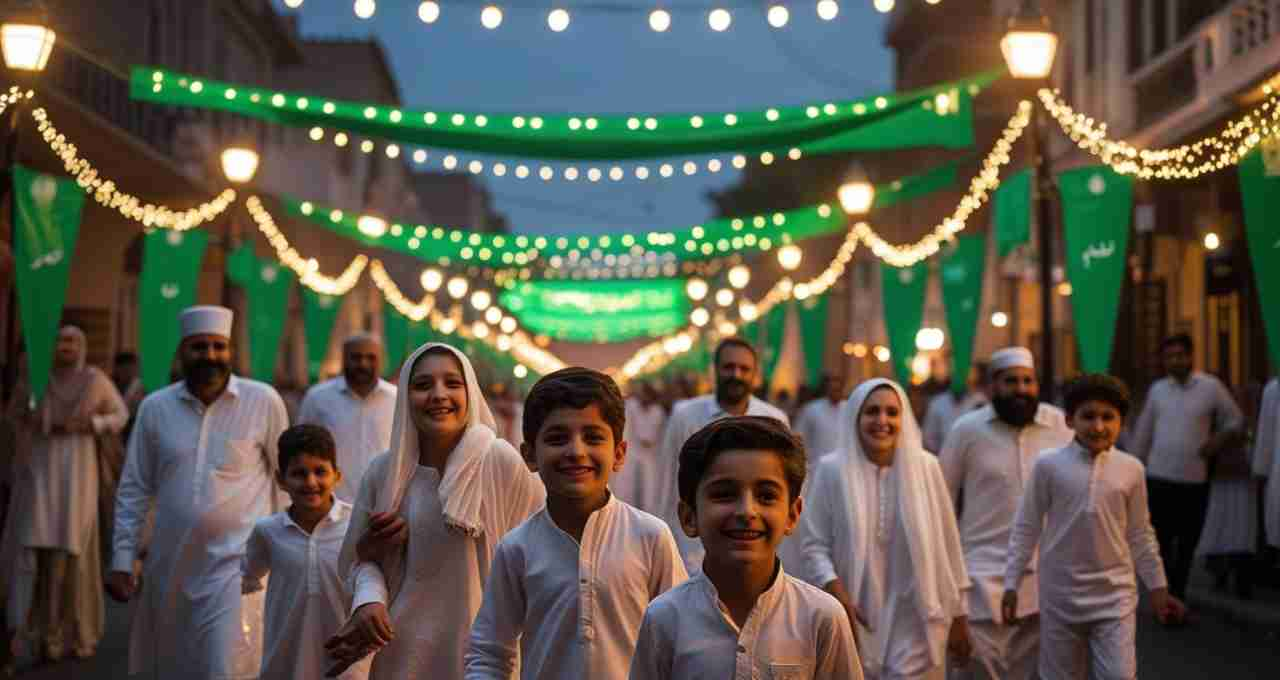
In Islam, Hazrat Muhammad is considered the final prophet, referred to as "Rahmatullil Alameen," meaning mercy for all creation. He was born in Mecca, Arabia, on 12 Rabi-ul-Awwal, 571 CE. Muslims celebrate this day as Eid-e-Milad.
The life of Hazrat Muhammad exemplifies truth, compassion, equality, honesty, and humanity. He was not only a religious leader but also a social reformer, policymaker, and true guide. He taught Tawhid (the worship of one God), Insaf (justice), and Khidmat (service).
Naming and Meaning of Milad-un-Nabi
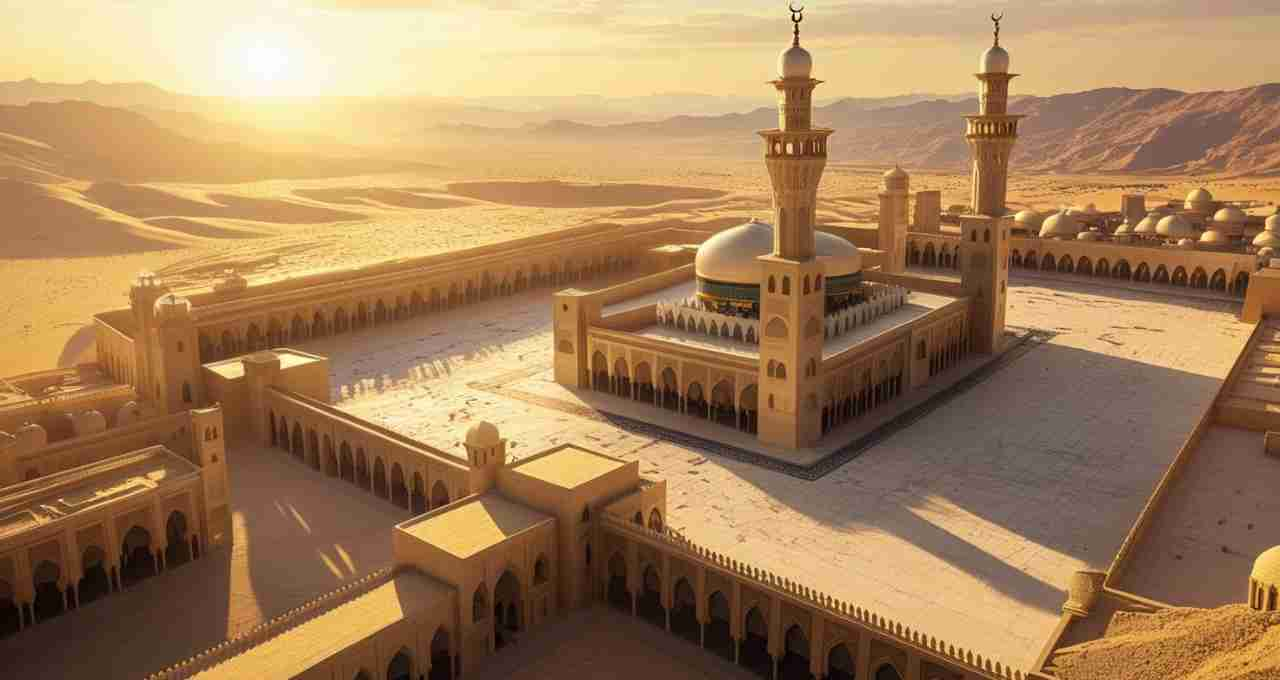
"Milad" means birth, and "Nabi" means prophet. Therefore, "Milad-un-Nabi" signifies the day of the prophet's birth. In some places, it is also called "Maulid," which also literally means birth.
This festival is celebrated with great joy and devotion in many countries, including India, Pakistan, Bangladesh, Sri Lanka, Turkey, Egypt, Iraq, Iran, and several African and European nations. However, some Muslim communities, such as Salafis and Wahhabis, do not consider it a religious festival. Nevertheless, the majority of Sunni Muslims celebrate this day with utmost reverence, respect, and enthusiasm.
The Life of Hazrat Muhammad: A Source of Inspiration
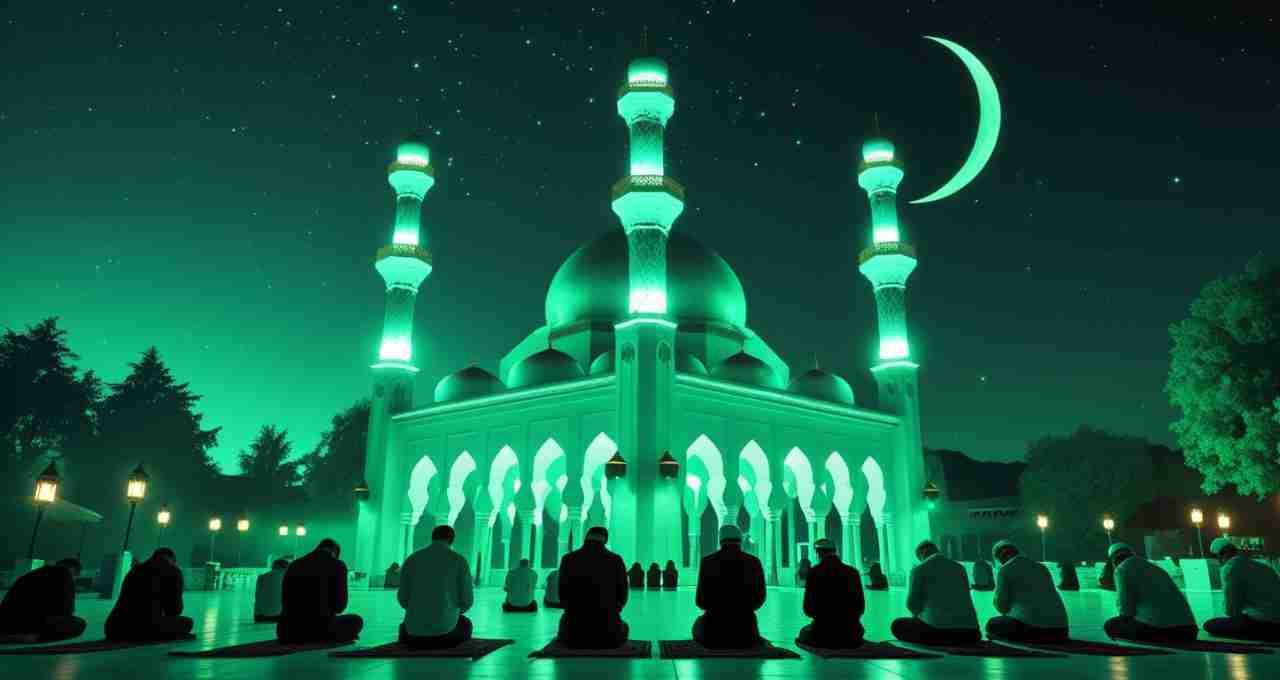
The life of Hazrat Muhammad is inspirational for everyone. He taught the importance of truthfulness, patience, and helping others in all circumstances. He raised his voice against the prevalent evils, superstitions, and inequalities in society, inspiring people to follow the righteous path.
He taught respect for women, love for children, and reverence for the elderly. His principles remain guiding lights for global humanity.
How is Eid-e-Milad Celebrated?
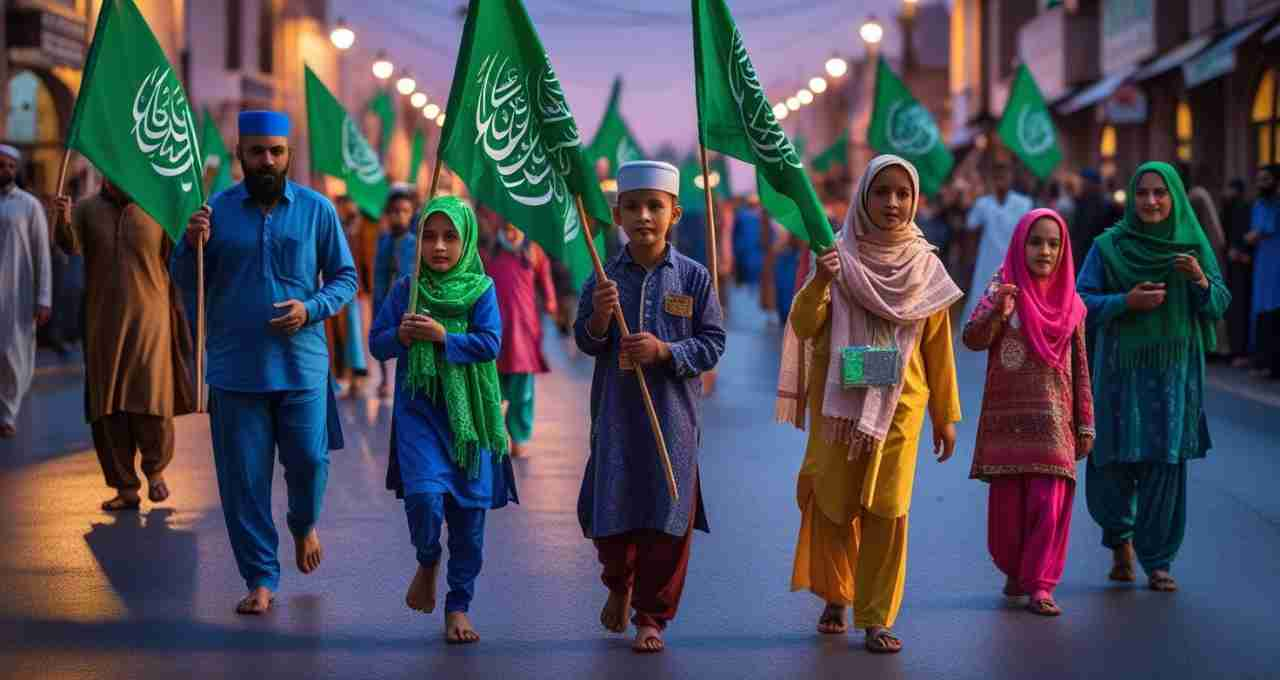
People begin this sacred day by offering special prayers, reciting Darood and Salam in praise of Prophet Muhammad. Mosques are beautifully decorated, homes are illuminated, and in many places, devotees take out grand processions, chanting the teachings of the Prophet.
- Decoration of Mosques and Homes
Mosques are adorned with green lights and banners, as green is considered auspicious in Islam. Homes are also illuminated with lamps and lights.
- Julus-e-Mohammadi
In many places, Julus-e-Mohammadi processions are taken out, where people, carrying flags, walk while reciting Naats (devotional songs) in praise of the Prophet. Children, elders, and women all participate.
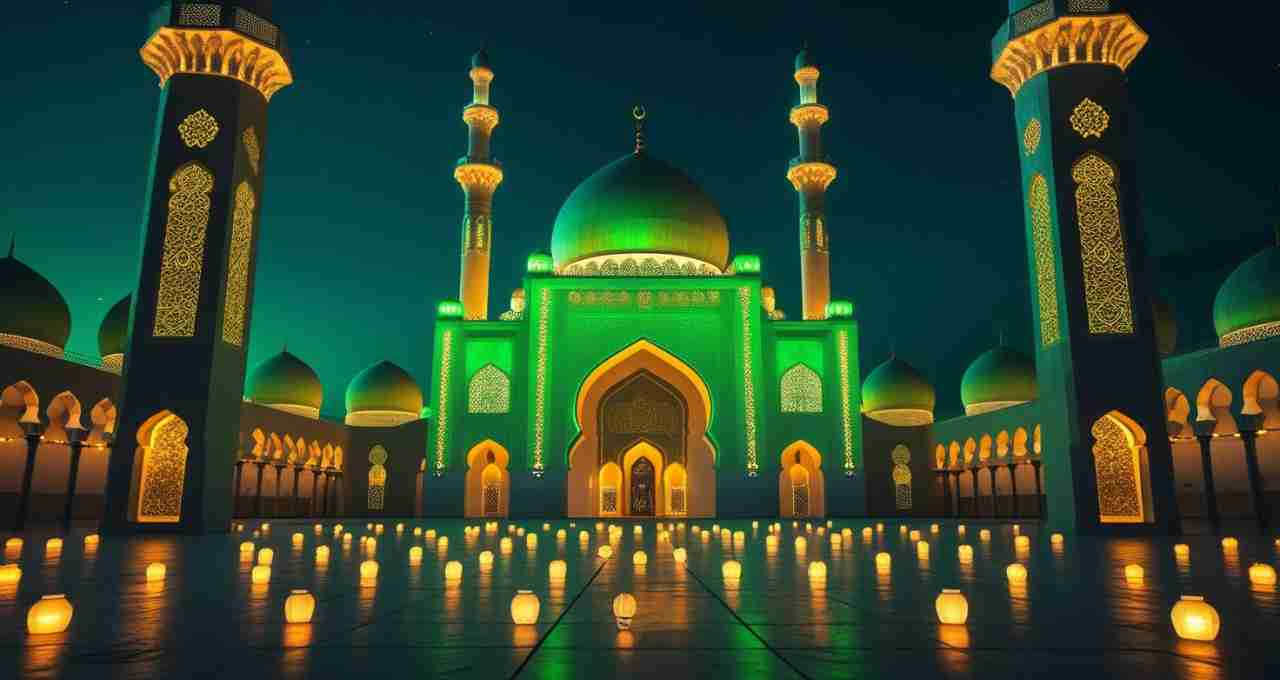
- Naat Sharif and Gatherings
Special Naat Sharif (poems in praise of the Prophet) are recited on this day. Milad gatherings are organized, where discussions are held on the life and teachings of the Prophet.
- Charity and Service
On Eid-e-Milad, people help the poor and needy by giving food, clothes, and money. Khidmat-e-Khalq (service to humanity) is considered the greatest act of worship on this day.
- Special Feasts and Sweets
Community meals, called 'Niyaz,' are organized in many places. Traditional sweets like Sewaiyan, Kheer, Biryani, and Halwa are prepared.
Dua and Darood Recited on Eid-e-Milad
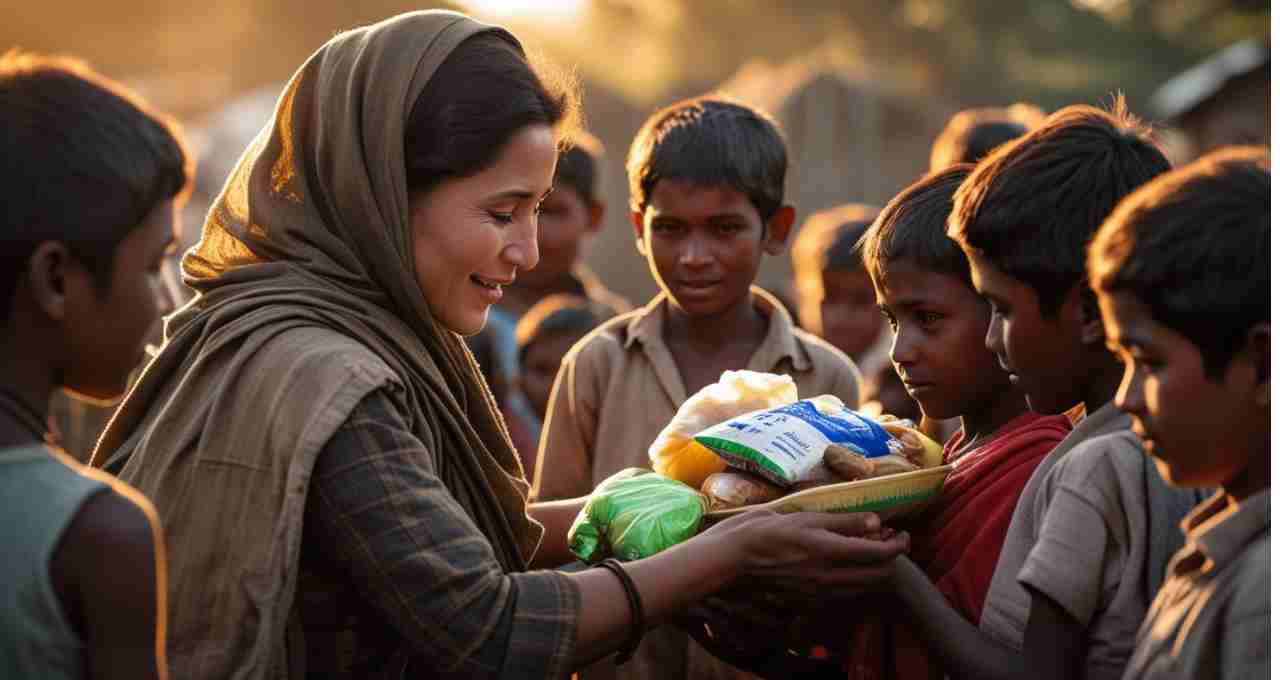
On this day, people recite Darood Sharif in praise of Hazrat Muhammad:
"اللهم صل على محمد وعلى آل محمد"
This translates to: "O Allah! Bestow your mercy and peace upon Muhammad and his family."
The Importance of Milad-un-Nabi in the Modern Era
In today's world, grappling with terrorism, discrimination, and intolerance, the teachings of Hazrat Muhammad have become more relevant than ever. He always emphasized love, restraint, forgiveness, and social justice.
His life teaches us that the true purpose of religion is:
- Serving humanity
- Speaking the truth
- Helping the needy
- Spreading peace and brotherhood
- Milad-un-Nabi and Children's Participation
This festival provides an opportunity to teach children moral education, religious values, and discipline. Competitions, speeches, and Naat recitations are held in schools, madrasas, and social institutions.
Children are taught that the Prophet's teachings are not just religious but also a path to becoming a good human being.
Eid-e-Milad and Global Brotherhood
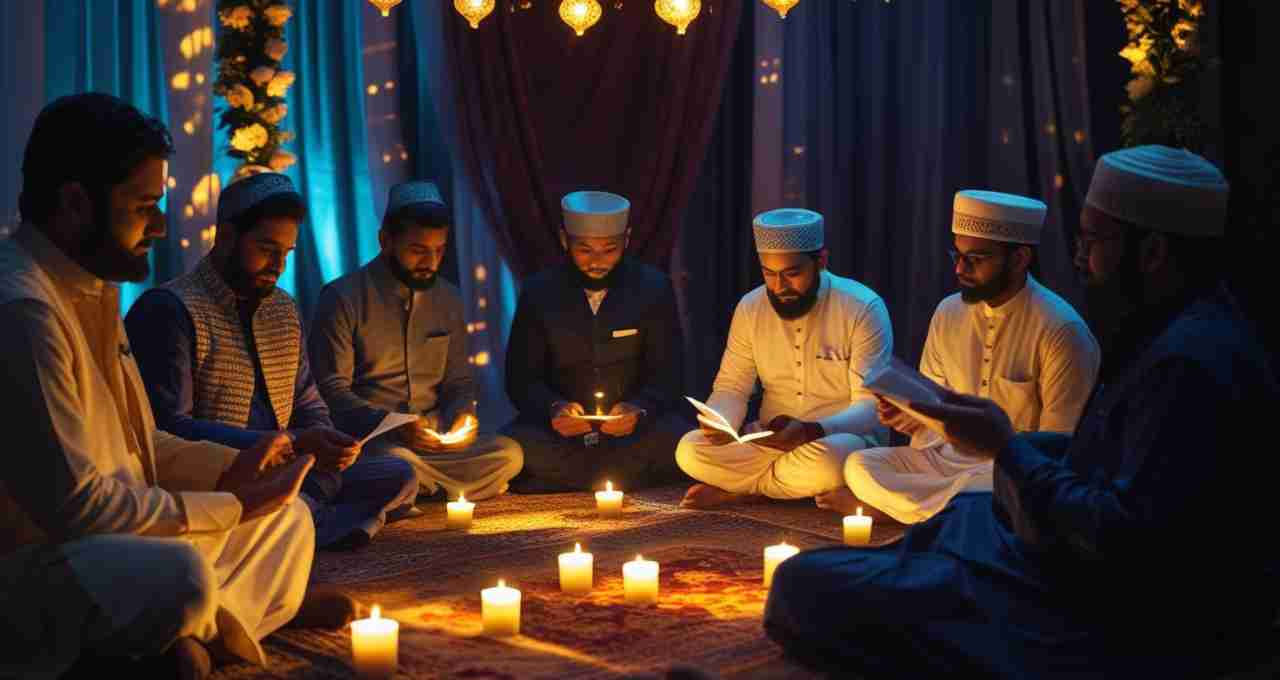
Eid-e-Milad highlights the universal values of Islam—peace, tolerance, and justice. On this day, people from different communities also greet each other and celebrate the festival together. It exemplifies religious harmony and cultural unity.
Inspirational Quotes on Eid-e-Milad
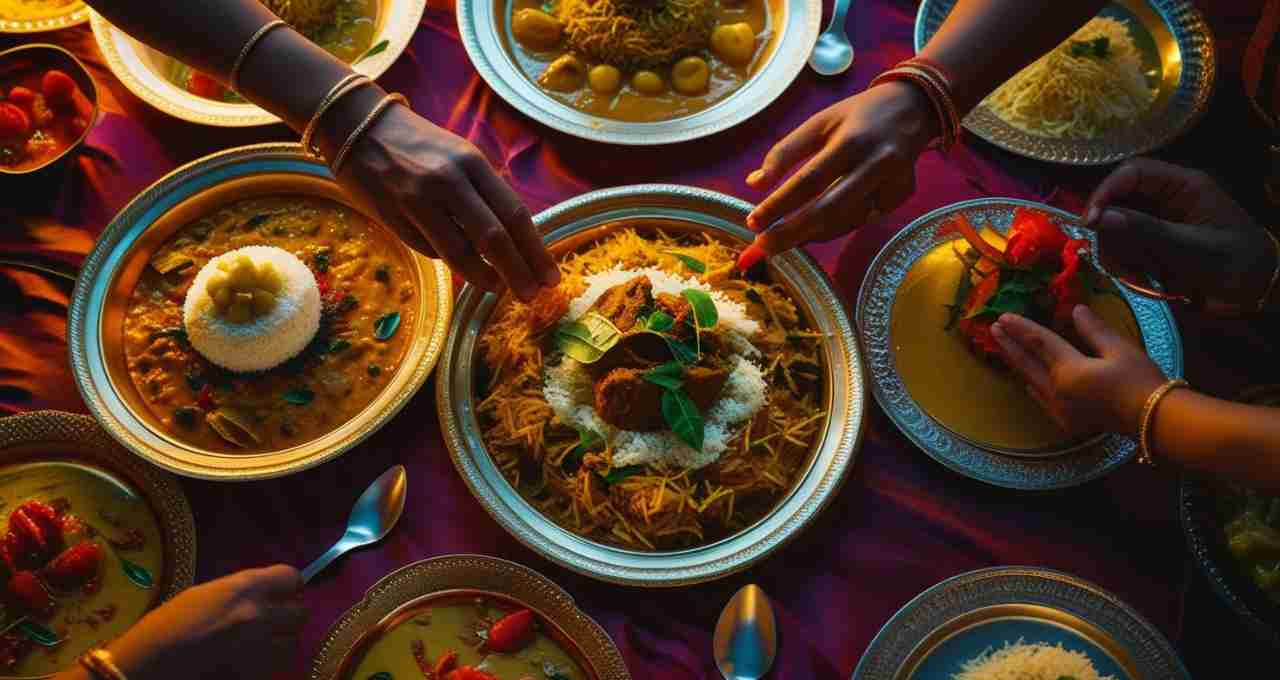
"Treat others as you would like to be treated." — Prophet Muhammad
“The best Muslim is one whose speech and actions cause no harm to others.”
"Seeking knowledge is obligatory for every Muslim man and woman."
Eid-e-Miladunnabi is a festival that shows us the true path of life. It is not just a celebration but an inspiration—of truth, service, compassion, and justice. The life of Prophet Muhammad teaches us how to maintain honesty, patience, and humanity in every situation.
On this day, we not only celebrate but also strive to awaken the best human within us. We should not just keep the Prophet's teachings in books but implement them in our lives and strive to become better human beings in society.
